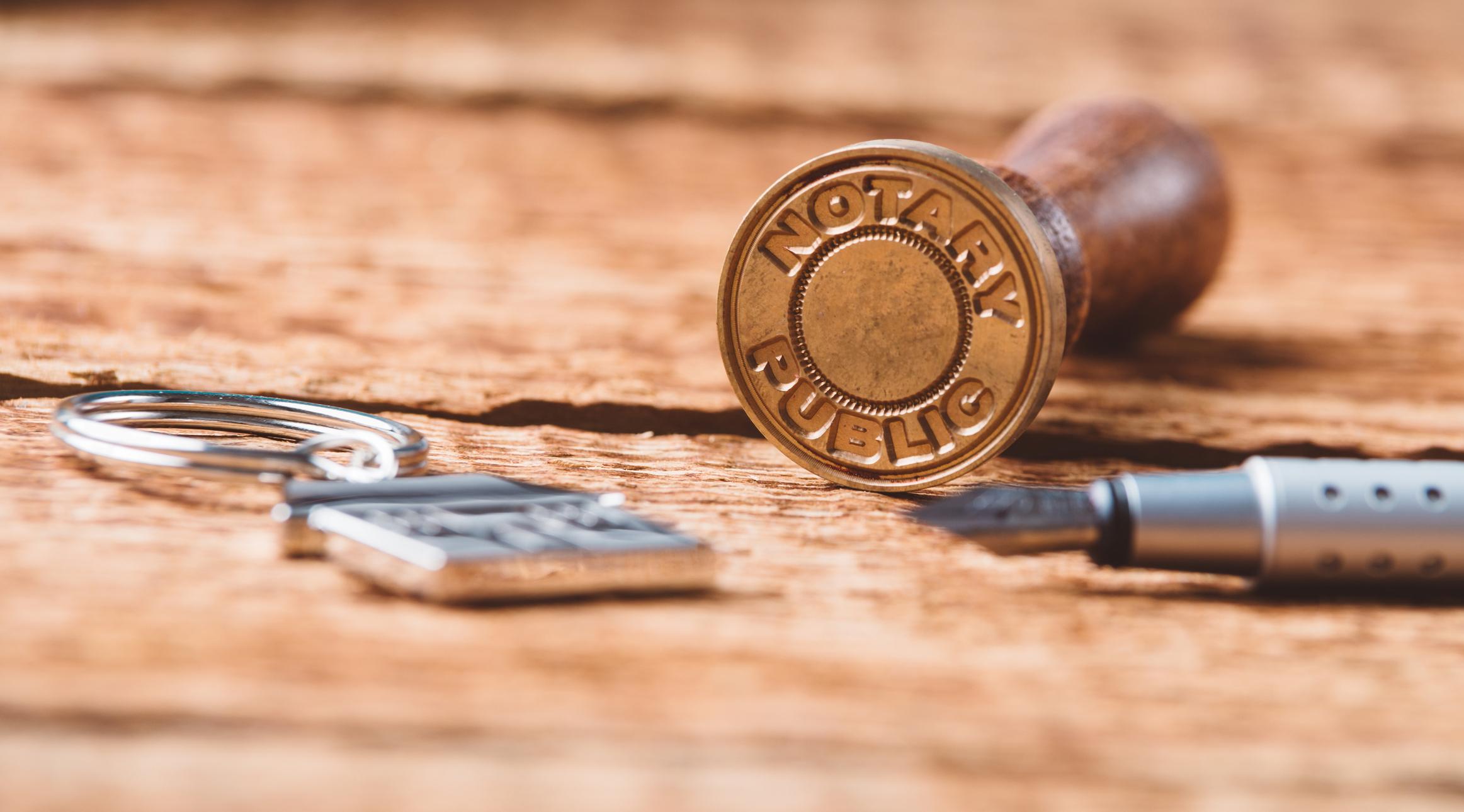Skilled Conveyancer: Facilitating Smooth Property Deals
Wiki Article
Debunking Notarial Work: Streamlining the Role and Relevance of Notaries
Their function, often shrouded in mystery for many, carries significant weight in guaranteeing the legitimacy and honesty of crucial records. By unwinding the complexities bordering notarial techniques and shedding light on the relevance of their acts, a more clear understanding emerges of the crucial role notaries play in upholding the textile of contractual and legal arrangements.The Background of Notarial Work
The background of notarial job days back to old worlds, where scribes played a vital duty in videotaping vital details and validating papers. This led to the advancement of notaries, individuals assigned by the state to act as objective witnesses in legal issues.
During the Middle Ages, notaries gained importance in Europe, with their features expanding to include preparing lawful documents, accrediting trademarks, and maintaining records. The increase of global profession even more highlighted the importance of notarial operate in confirming agreements and agreements across boundaries.
In the modern era, notaries proceed to play an essential duty in lawful and service purchases by confirming identifications, verifying the authenticity of records, and avoiding fraud. Their duty in accrediting the credibility of arrangements includes a layer of security and count on to the ever-evolving landscape of commerce and legislation.

Obligations and Duties of Notaries
The historic development of notarial work from ancient worlds to the contemporary era has shaped the distinct obligations and duties that notaries maintain in legal and business purchases today. Notaries play an essential duty in confirming the authenticity of records and the identification of notaries. One of their key duties is to witness the signing of essential papers, such as deeds, wills, and agreements, to make sure that all parties are getting in into agreements purposefully and voluntarily. Notaries also validate that signatures are of sound mind and not under pressure or browbeating.They certify duplicates of original papers, giving assurance to establishments that the duplicates are true reproductions of the originals. Overall, the obligations and obligations of notaries are vital in guarding the integrity and validity of various papers and transactions - Notary.
Notarial Certificates and Signatures
Exhibiting meticulous interest to detail, notarial certificates and trademarks work as necessary parts in verifying the credibility of lawful papers. Notarial certificates usually contain essential details such as the day of registration, the names of the notaries, a description of the file, and the notary's main seal. These certifications offer a clear record of the notarial act, making certain that the paper can be quickly determined and traced back to the notary that looked after the procedure.Signatures play a pivotal function in notarial work, as they indicate the arrangement her latest blog and approval of the parties involved. Notaries very carefully witness the finalizing of documents to validate the identification of the signatories and validate that they are authorizing of their very own free choice. By fastening their main seal and signature to the record, notaries accredit that the necessary treatments have actually been complied with which the file is enforceable and valid.
In significance, notarial certificates and trademarks are the hallmark of credibility in lawful deals, giving assurance to all parties included that the files are legit and binding.
Importance of Notarial Acts
Notarization Process Discussed
The notarization procedure generally starts with the private providing the file to a notary public. Once the identity is confirmed, the notary makes sure that the specific signing the document does so willingly and without any type of coercion.
Verdict

Notarial certificates normally include crucial details such as the day of registration, the names of the notaries, a summary of the paper, and the notary's official seal. These certificates provide a clear document of the notarial act, making sure that the record can be quickly recognized and traced back to the notary that oversaw the process.
By fastening their main seal and signature to the record, notaries license that the essential treatments have been followed and that the paper is legitimate click over here and enforceable.
By validating the identification of the signatures, validating their willingness to enter into the agreement, and certifying the date and area of the finalizing, notaries play a critical function in maintaining the validity of legal papers.After the file is authorized, the notary will certainly fasten their main seal or stamp onto the file.
Report this wiki page